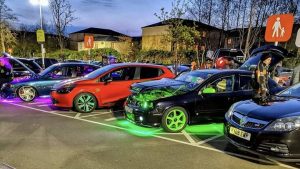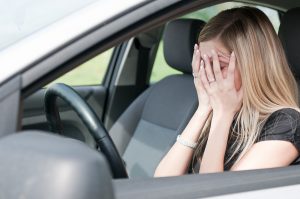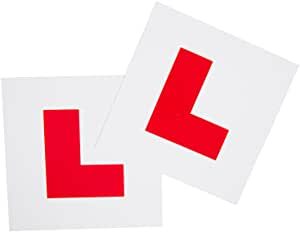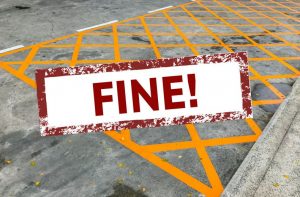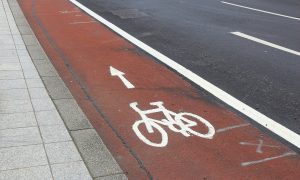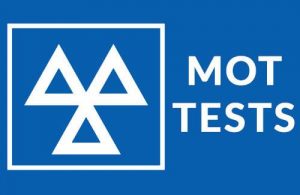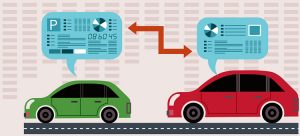- Drivers with photocard licences due to expire between 1 February and 31 August 2020 have been granted an extension
- Licences are automatically extended by seven months from the date of expiry
- Impacted motorists will be sent reminders ahead of their new renewal date
- It only applies to photocard renewals that expire after 10 years
- If a driver’s entitlement to drive is due to expire or they have lost or had their licence stolen, they will need to apply for new ones online.
Drivers with a pink plastic photocard driving licence that’s due to expire will be granted a seven-month extension, the Driver and Vehicle Licencing Agency has confirmed today.
Those with photocards expiring between 1 February 2020 and 31 August 2020 will automatically have their licence renewals extended from the date of expiry and can now carry on driving safe in the knowledge they’re still legal. The move comes as the government agency has been struggling to process requests during the pandemic, stating on its website: ‘It’s taking longer than usual to process driving licence applications because of coronavirus.’
Normally drivers are required to renew their photocard licence every 10 years, and bus and lorry drivers every five years. However, lockdown has slowed the DVLA’s capacity to process applications from motorists as – like many businesses – its workforce is mainly operating remotely from home.
It had previous warned drivers in April that those using its services should expect ‘significant delays’ during the coronavirus crisis.
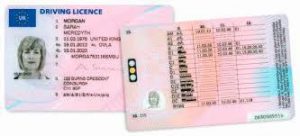
The extension has been granted thanks to new EU regulation which means photocards that expire between 1 February and 31 August 2020 will be automatically extended for a further seven months from the date of expiry. To ensure motorists don’t forget, they will be sent a reminder to renew before their seven month extension ends.
The extension only applies to photocard renewals after 10 years when a new photo of the driver is required – with renewals costing £14 online, £17 by post or £21 at the Post Office (or free if you’re over 70 years old). The DVLA’s online services to renew a driving licence entitlement or replace lost or stolen photocards will continue to operate as normal, it has confirmed.
This will also be the case for learners who could soon pass their driving test and be eligible for a full licence after tests were cancelled for three months from 20 March due to the virus.
However, with tests – in theory – able to restart on 20 June, driving instructors have said there has been no clear guidance or instruction about when they can return to work safely.
Julie Lennard, chief executive at the agency, said: ‘This extension will make it easier for drivers who need to update their photocard licence with a new photograph.
‘This means as long as they have a valid licence, drivers will be able to continue to make essential journeys.’The extension is automatic so drivers do not need to do anything and will be sent a reminder to renew their photocard before the extension ends.’
This change will be introduced from 4 June 2020.
This is Money has received emails from readers concerned that they have already applied for a licence renewal via post, having sent their expiring licence to the DVLA head office in Swansea though not had it returned.Failure to update a driving licence can result in a fine of £1,000 and up to six penalty points on a licence.
We asked a DLVA spokesman to clarify what this would mean for these individuals.
‘The seven month extension will apply whilst we process any paper applications,’ they said.
‘Providing their entitlement to drive is still valid, drivers with a seven-month extension period will not be committing an offence.’
Commenting on the extension, RAC spokesperson Simon Williams said: ‘Given the restrictions in place presently, a temporary extension to renewing a photocard licence due to expire seems like a sensible step which will have very few negative consequences and is likely to be welcomed by those drivers affected.’
The extension follows the Driver and Vehicle Standards Agency’s (DVSA) decision to introduce an MOT test exemption for six months at the end of March to prevent motorists having to drive their cars during lockdown.
 Buy Gifts Vouchers Here
Buy Gifts Vouchers Here Intensive Driving Courses
Intensive Driving Courses Driving Test Booking Services
Driving Test Booking Services


